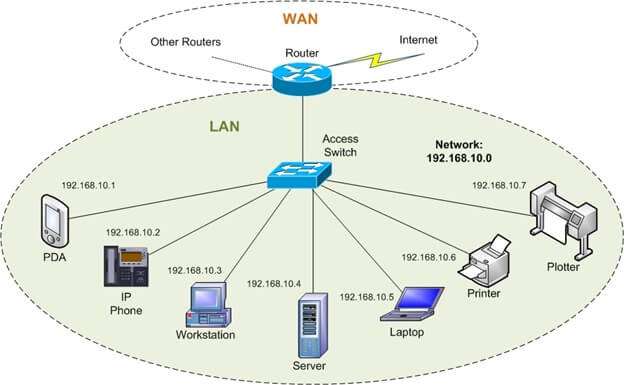Networking Security Fundamentals
CIS 333 – Networking Security Fundamentals
CIS 333 – Networking Security Fundamentals provide students with a comprehensive understanding of the security environment relating to computer information systems. The underlying principles, challenges, and vulnerabilities as well as mitigation measures relating to security of information systems are presented. Students are familiarized with definitions of security terms, fundamental concepts and elements pertaining to the field. Also industry standards and best practices will be examined in the context of availability, integrity and the confidentiality areas of information systems.
Network Security: what it is?
Network security is a contentious topic, especially with the advents of technology and decentralized networks; whether coded, wireless or cellular networks. Cyber security measures encompass methodologies such as strong passwords and data recovery frameworks. While it is necessary to have robust system security measures, it is also paramount to manage personnel.
Fundamentals of Network Security.
CIS 333 – Networking Security Fundamentals
Privacy:
For security reasons, privacy is important hence network management. Only those allowed to access data should be allowed to do so.
Veracity: Data manipulation is the worst security threat and networks should be safeguarded against this. Though encryption is needed, securing VPN is equally pertinent. Open connections can be vulnerable since hackers tend to exploit and penetrate networks.
Accessibility:
CIS 333 – Networking Security Fundamentals
Information should be accessible when needed. This also means network systems should be tamper proof.
Password Authentication: To safeguard data and valuable information management, policies can be adopted. Again, passwords should be complex enough for humans or bots to crack. In this case, authentication can help thwart password hacking. There is also need to implement password expiration policy and also complexity. The system should also remain current with frequent anti-virus updates.
Authorization:
While authorization is a big issue, passwords can often be shared, guessed or misused. The thumps rule is that passwords should never be written down. Management of employee access is essential. Cyber criminals can often exploit such mishaps and penetrate the system.













